PCOS, Insulin Resistance, and Food
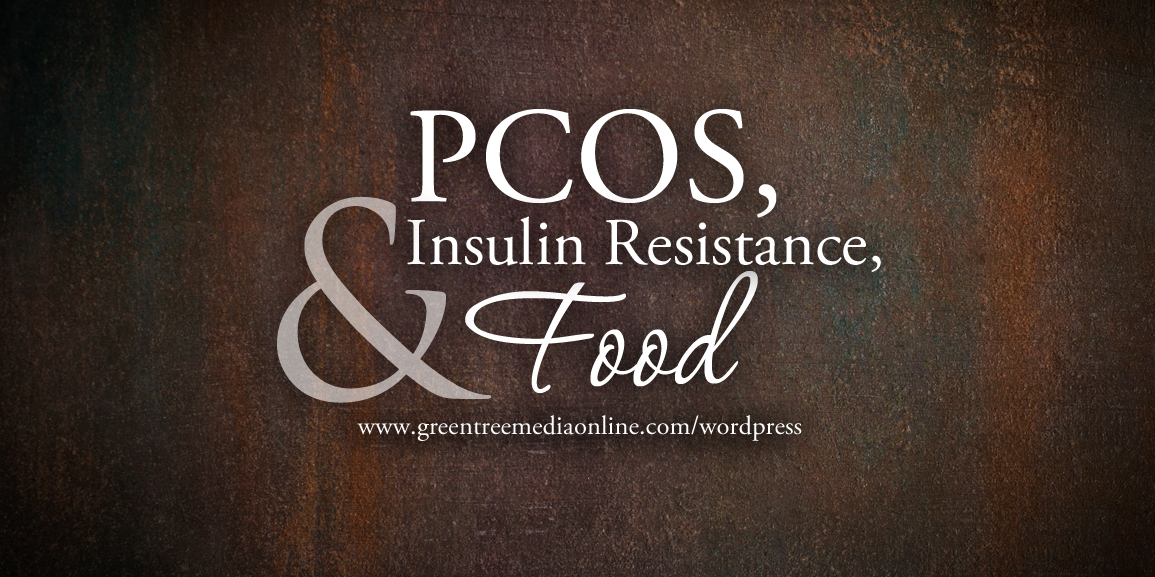
So on Friday I talked a little about consistency and food and mentioned how PCOS can complicate that sometimes. Today I want to talk about that a little bit because while PCOS effects a huge percentage of the population, not very many people know about this side of it.
So first a quick overview… PCOS though commonly discussed in relation to reproductive issues is actually an endocrine condition that effects your hormones. So yes – it can contribute to difficulties conceiving but it also comes with a host of other potential issues like: acne, hair growth, hair loss, weight gain, fatigue, anxiety, and more. If you want more details about the reproductive side of it you can check out my previous post here. But today we’re going to talk about how food effects it.
So while this is not the case for everyone, it is very common that insulin resistance and PCOS go hand-in-hand. Studies show that nearly 70% of women with PCOS are insulin resistant. This is certainly the case for me. It’s why my doctor originally put me on metformin (a drug normally prescribed for individuals with diabetes) even though I wasn’t diabetic. Of course as many of you know – the metformin made me horrible sick all the time but I suffered through it for about two years before I finally gave Plexus a try and it saved me from that nightmare of a medication.
So what’s actually happening here with insulin and PCOS? So insulin is a storage hormone. It tells the cells to open up and let the glucose in and without it our cells would starve. Someone with Type 1 diabetes does not produce insulin at all, which is why they need to inject insulin into their system to survive. Insulin resistance, however, occurs when our blood sugar levels are really high all the time forcing our pancreas to pump out more and more insulin in response. This basically kind of clogs up the system and causes low grade inflammation and an excessive production of the hormone testerone. Because insulin is a storage hormone, it causes the body to retain fat, particularly in the stomach area. High insulin levels also tell the ovaries to make more testosterone which can cause excess androgens like thinning hair, increased facial hair, and acne.
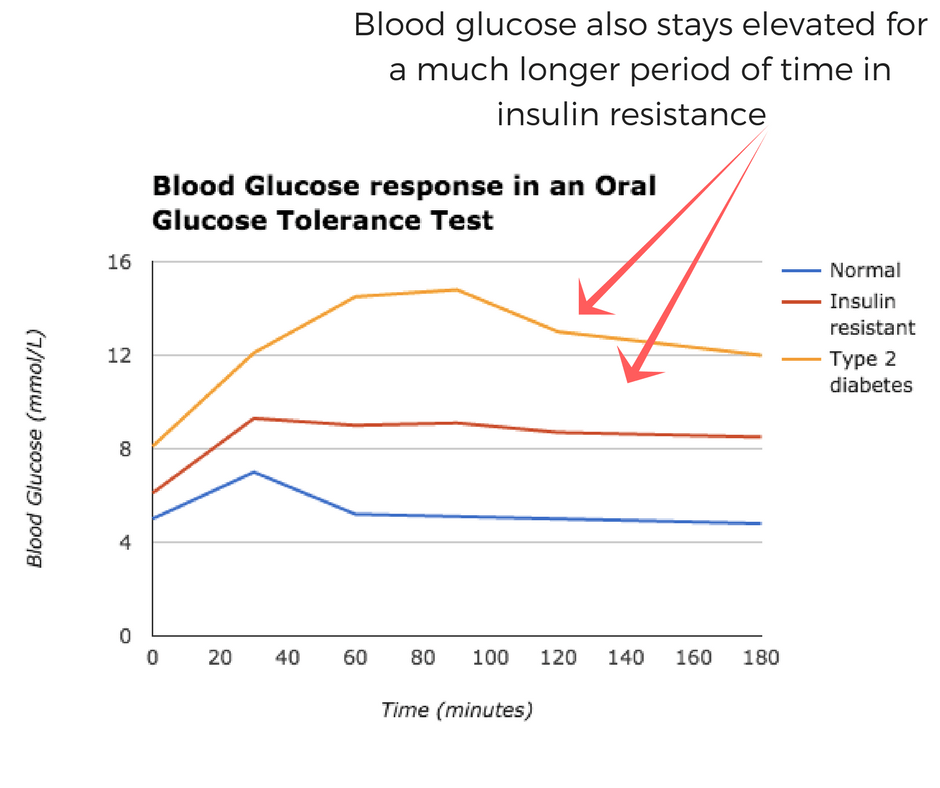
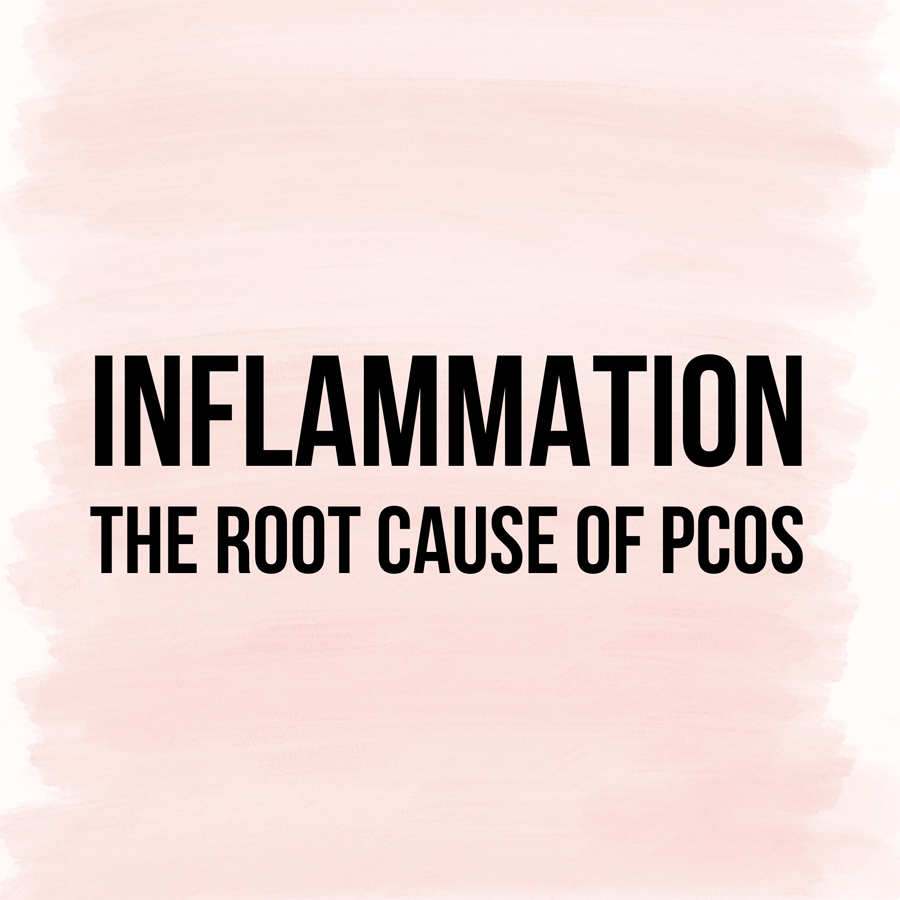
So let’s talk about the main causes of insulin resistance… INFLAMMATION (and sugar). Inflammation is normal and necessary for our immune system, but when our immune system is chronically activated (if our system is chronically inflammed) that’s when problems arise and damage to our cells happens. If you are insulin resistant and have PCOS, you almost certainly have inflammation. This is a super important piece of the puzzle when treating PCOS and it’s why just cutting out carbs isn’t really effective for most of us. Because the inflammation needs to be treated… and often that isn’t really what’s happening.
There are a lot of things that can cause this inflammation but here’s just a few. Obviously the first is extra weight. This is the first thing doctors will bring up to someone with insulin resistant PCOS and the incredibly frustrating thing about this is the viscious cycle this is. One of my favorite memes about says something like: doctor says you need to lose weight to fix your PCOS, PCOS causes you to gain weight. And that struggle is so the truth. It’s a hard cycle to get out of! (This is where Plexus helped me… well and gut health – but we’ll talk about that in a bit.)
Another factor that can contribute to inflammation is chronic stress – which would be stuff like a bad marriage or work anxiety. This type of chronic stress can dampen the hormone, cortisol’s, ability to regulate the inflammation allowing it to run unchecked. Add smoking or drinking to the mix and you’ve just added two more things that cause inflammation. Smoking basically causes repetitive damage to your lungs that results in inflammation and the byproducts your body produces when breaking down alcohol cause it as well. Not getting enough sleep and being on birth control can contribute as well.
And last but certainly not least – gut health! Gut health is so important! 70% of your immune cells live in your intestines so your gut bacteria can affect your immune system in a lot ways. The bacteria in your GI tract either suppress inflammation or activate inflammation, depending on what they are. That’s why there’s so much interest in using probiotics to try to influence the gut inflammatory response. (And this is why I use my Plexus!!)
Okay so what does this all mean for food?
So clearly what we put in our bodies can effect the inflammation and in turn our PCOS symptoms. So the question is – what does that look like? Obviously, avoiding foods that increase inflammation is the first step… when generalized this usually looks like cutting out gluten, sugar, and dairy and minimizing processed foods. Most doctors will tell you to just cut carbs and calories. And that can work I suppose. But I always hated that not really understanding the why. But when you understand this is all rooted to inflammation – it makes sense that what you really need to be doing is cutting out the foods that most commonly cause inflammation which would be the gluten, sugar, dairy, and highly processed foods.
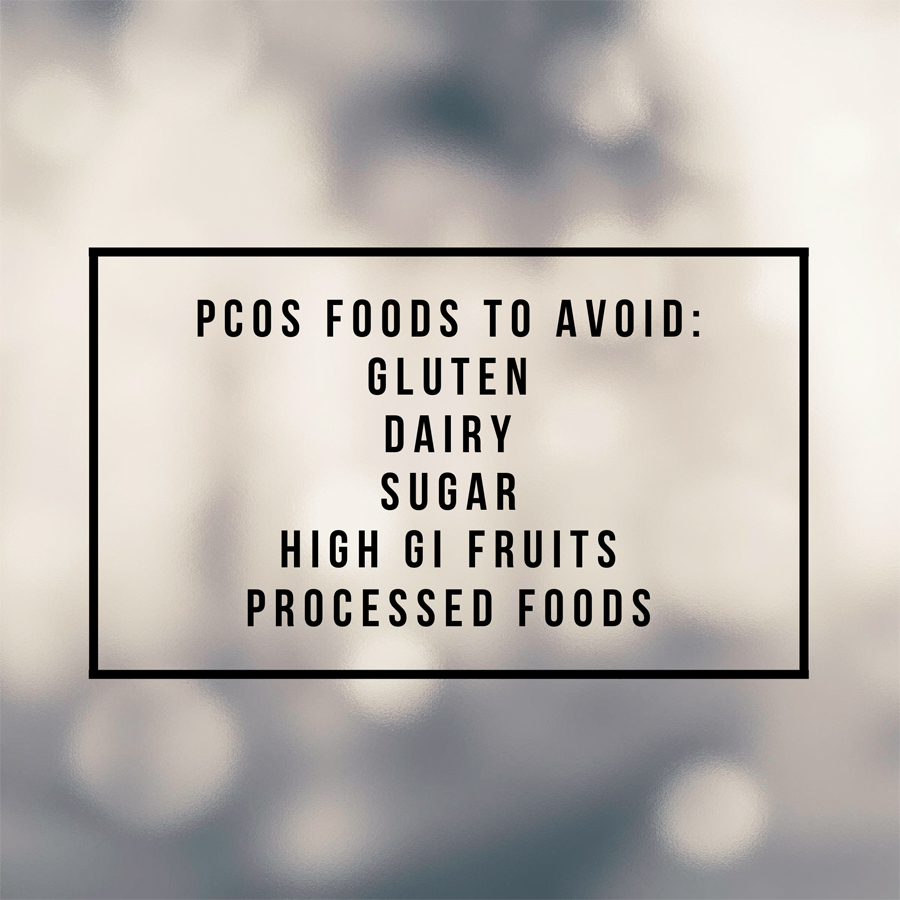
And this is why I get overwhelmed. Because if I were to truly eat what was best for my body – I’m highly limited. I’m limited to meat, veggies, and low GI fruits. For a girl who loves bread and pasta and baked goods – that’s hard! And I’m an all or nothing gal too so I end up feeling like I have to do it all and do it perfectly. But what I’m realizing is little improvements are better than none. So if you’re like me and you’re wanting to improve your PCOS symptoms – find the baby steps that work for you. Right now for me that looks like eating more whole foods and cutting back on the breads and sugars. It’s meal planning and making sure I have healthy snack options. It’s admitting to myself that I’m not going to be perfect and that’s okay.
And you may be thinking – “she’s lost so much weight… why is she even worried about it?” Because PCOS still has it’s effect on me when I don’t pay attention to these things. I still feel my ovaries swollen with cysts on the months I over indulge. I still deal with acne and facial hair and anxiety and even weight gain when I don’t take care of myself. (This is why you hear me constantly stick to taking my Plexus daily. It’s one little way I can keep things in check.)
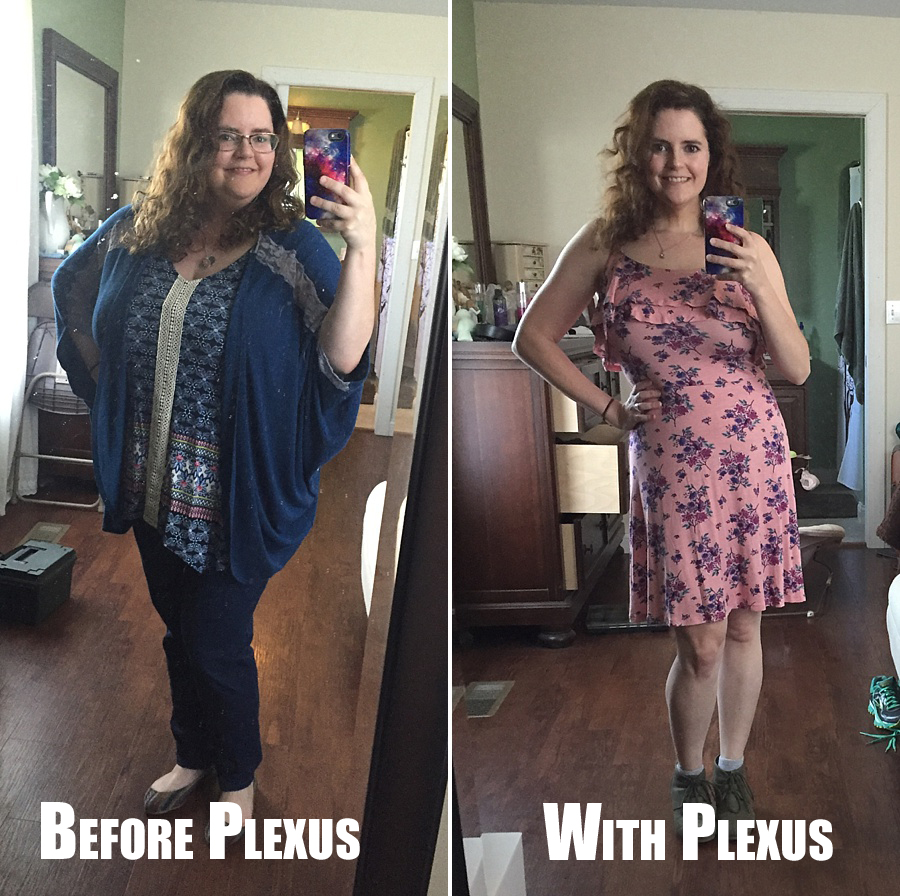
Ultimately, I can’t tell you what’s right for you. All I can do is share what I’ve learned, and I hope it helps a little. Because doctors are so often so quick to slap you with a diagnose and give you prescription for a drug without explaining anything to you. And you trust that they know what they’re doing but sometimes they are stuck following standard protocols that may not be in your best interest. I guess my point is – be your own advocate. Research. And figure out what’s best for you! We’re all different and a one size fits all solution won’t fix all our problems. But understanding the root cause can certainly help us on the road to wellness!
 Previous post
Consistency
Previous post
Consistency
 Next post
Marlee’s 11 Month Session | Sullivan, IL
Next post
Marlee’s 11 Month Session | Sullivan, IL
